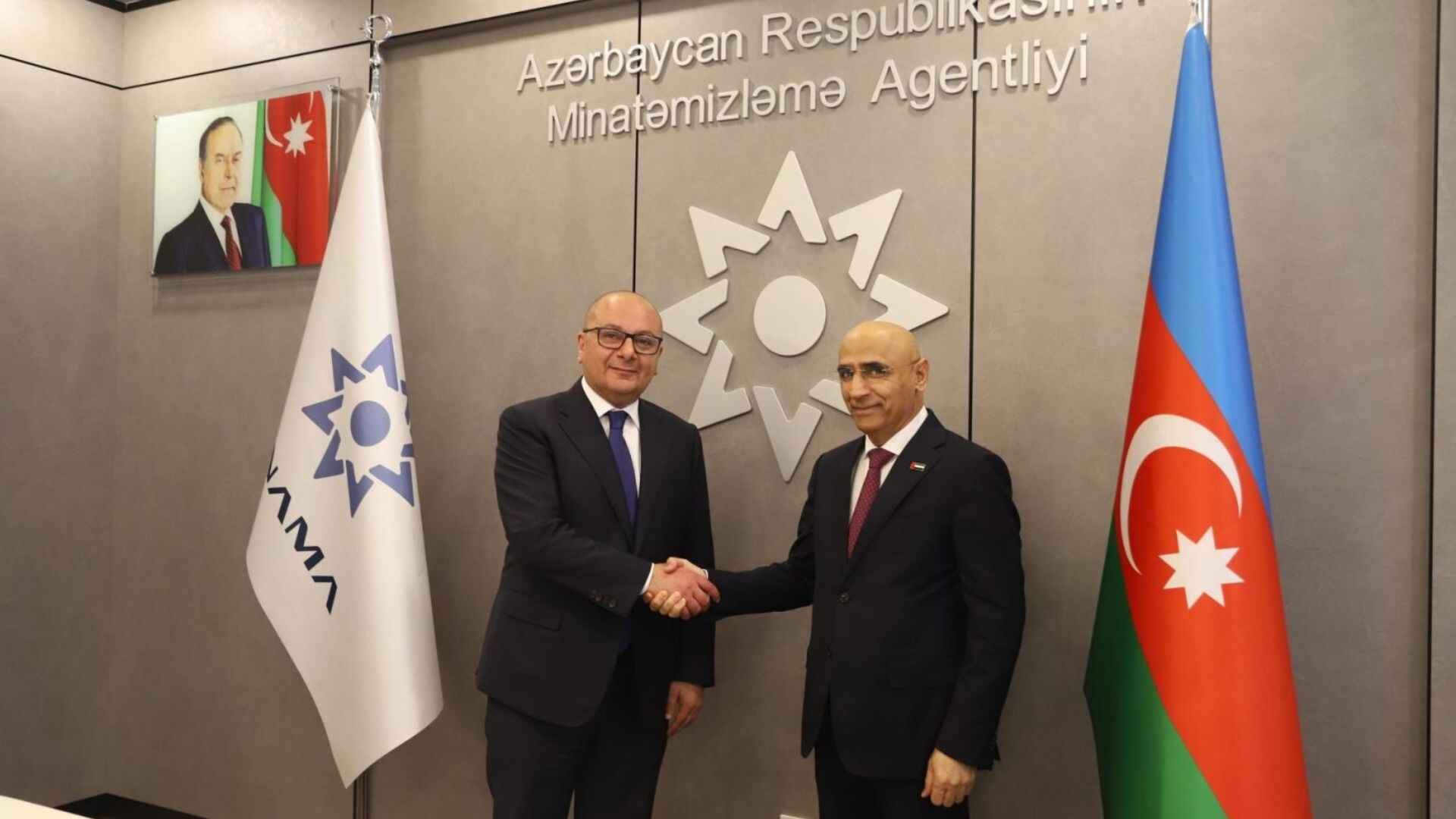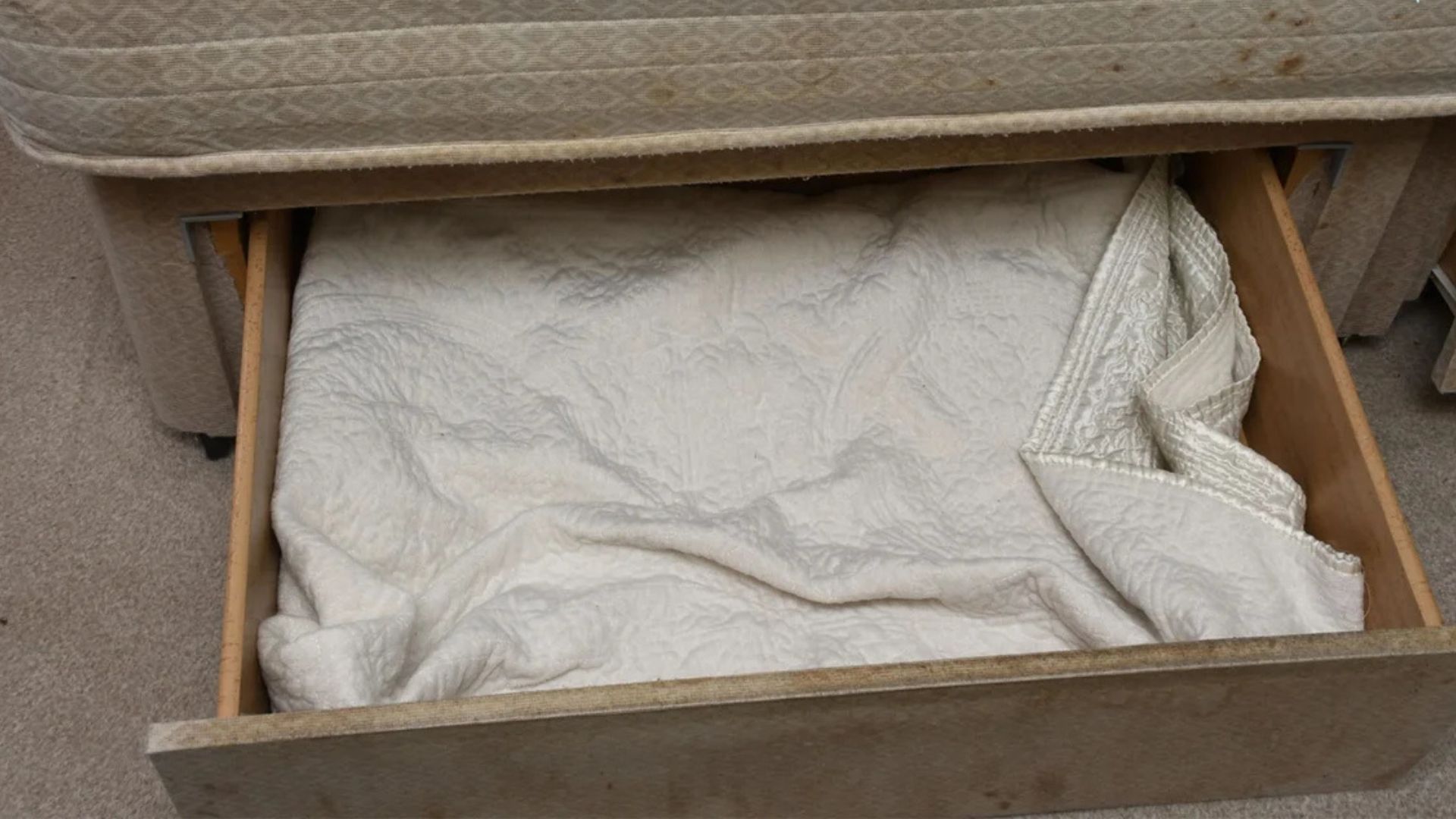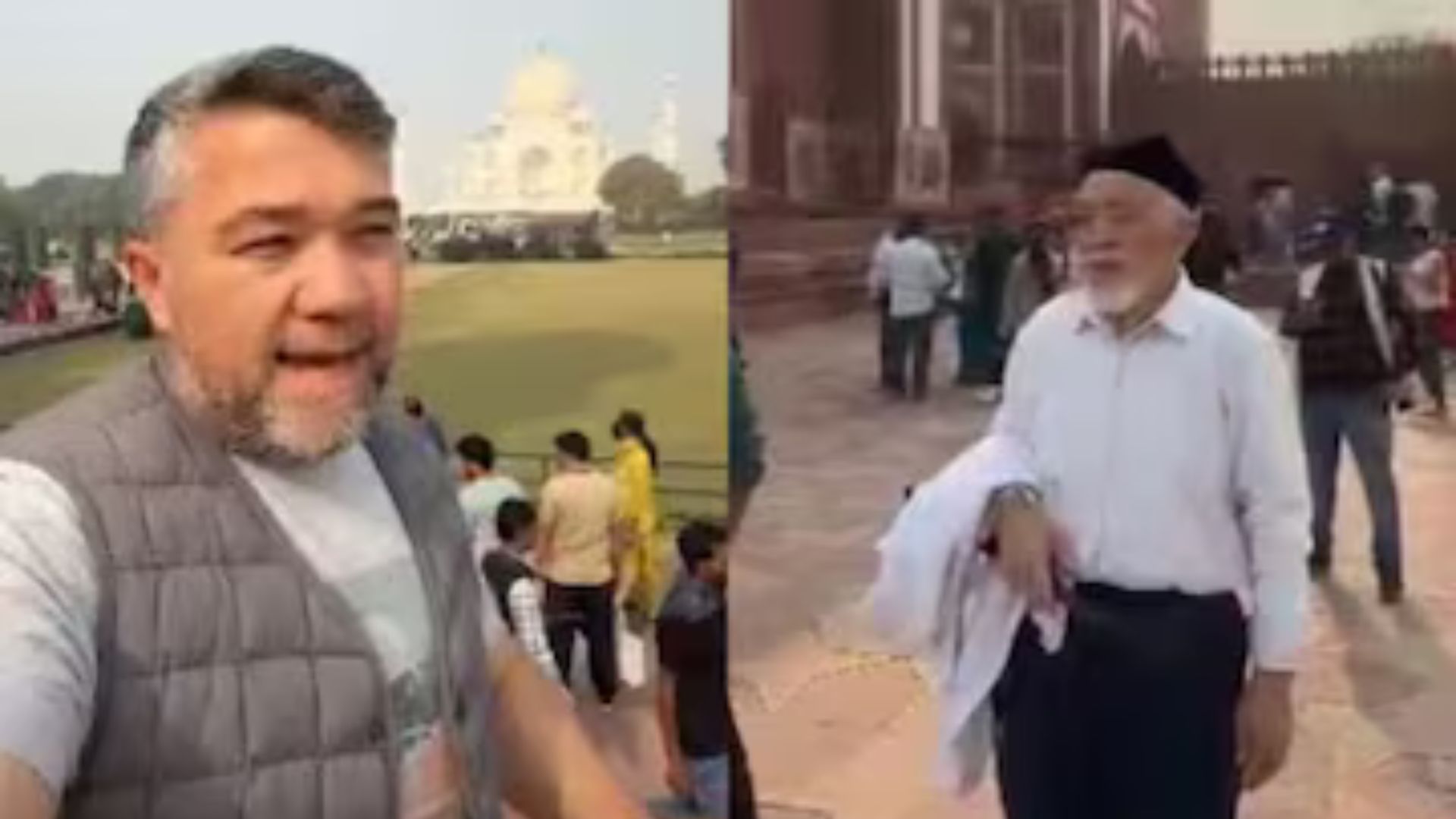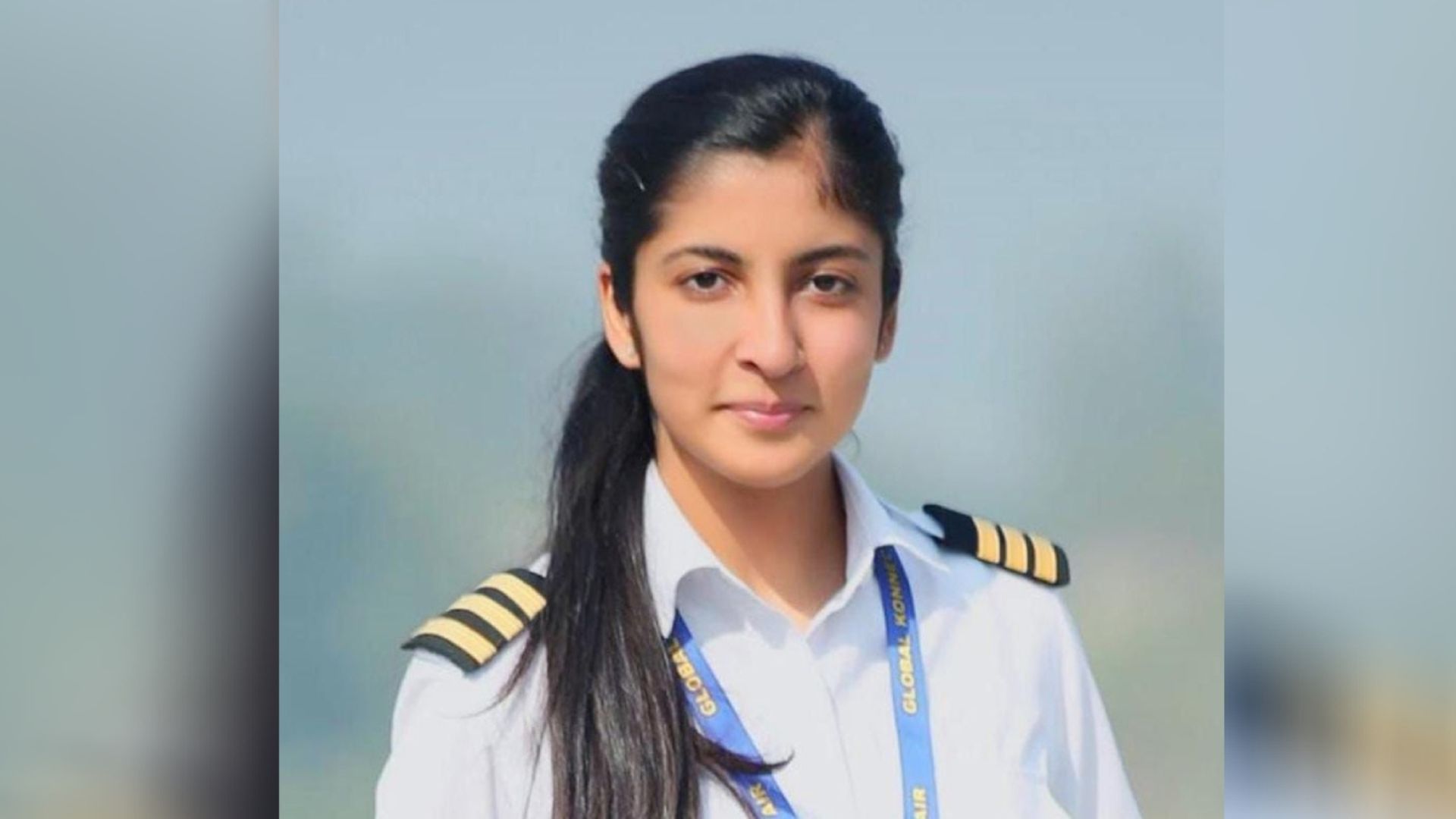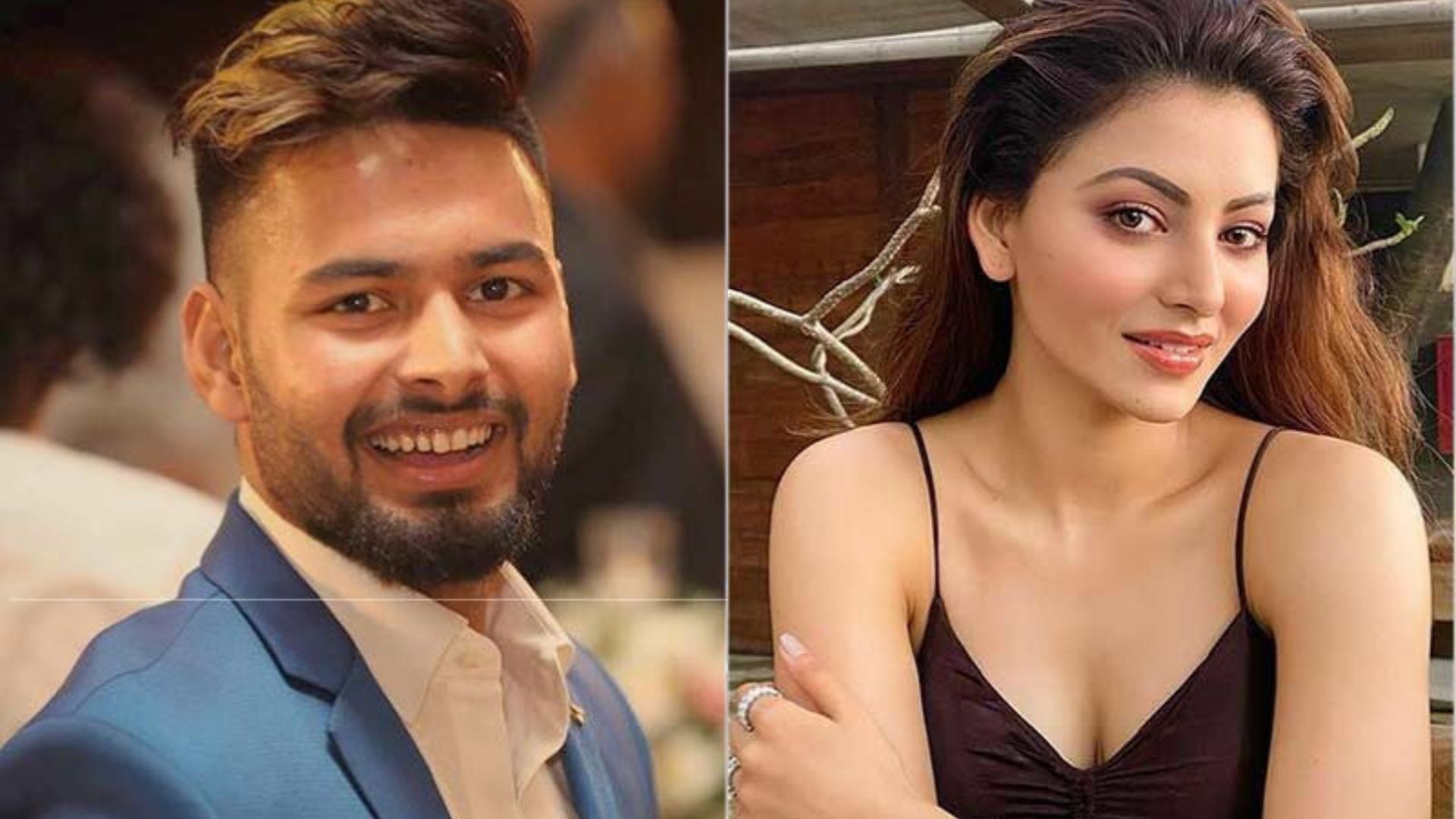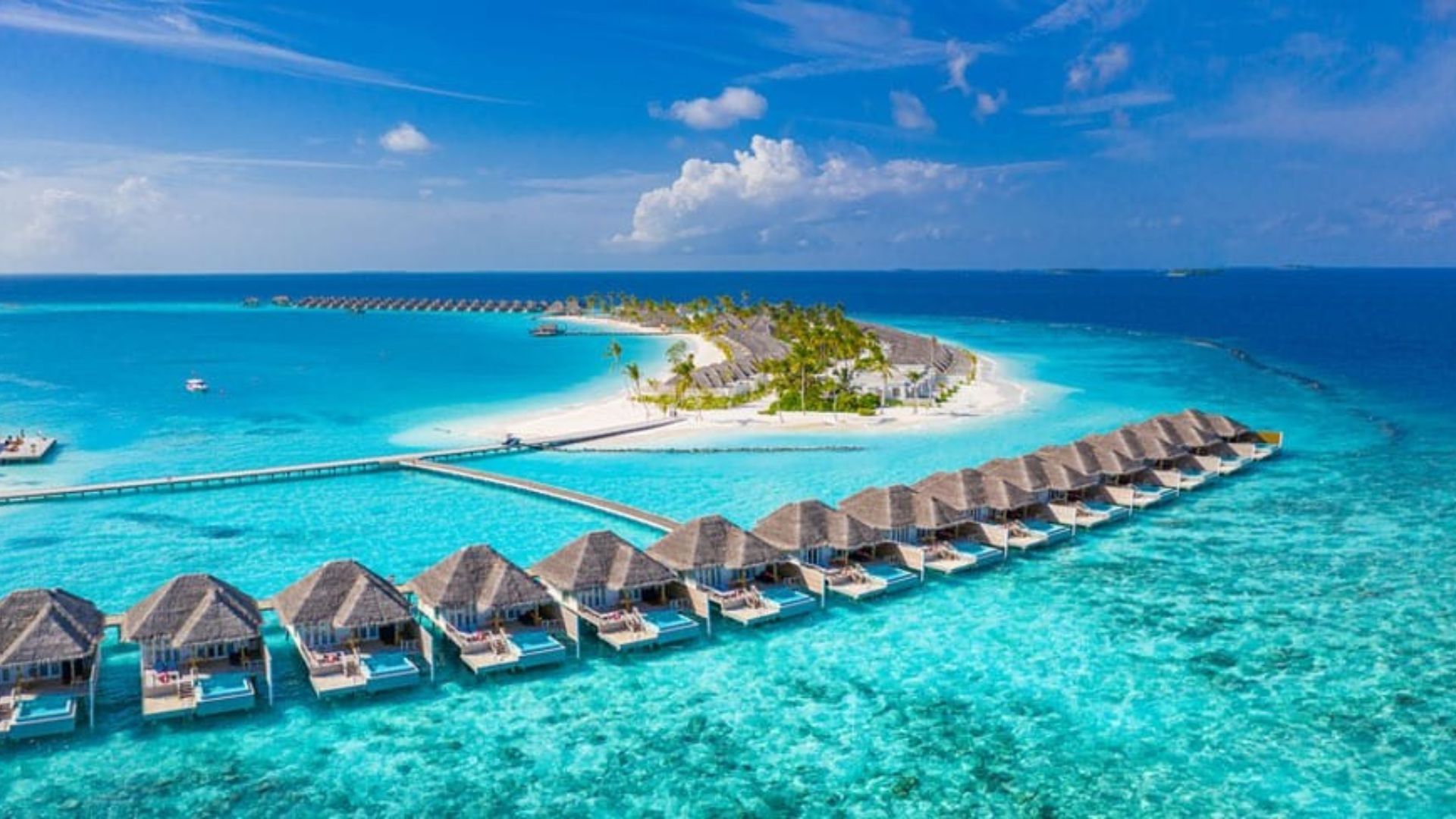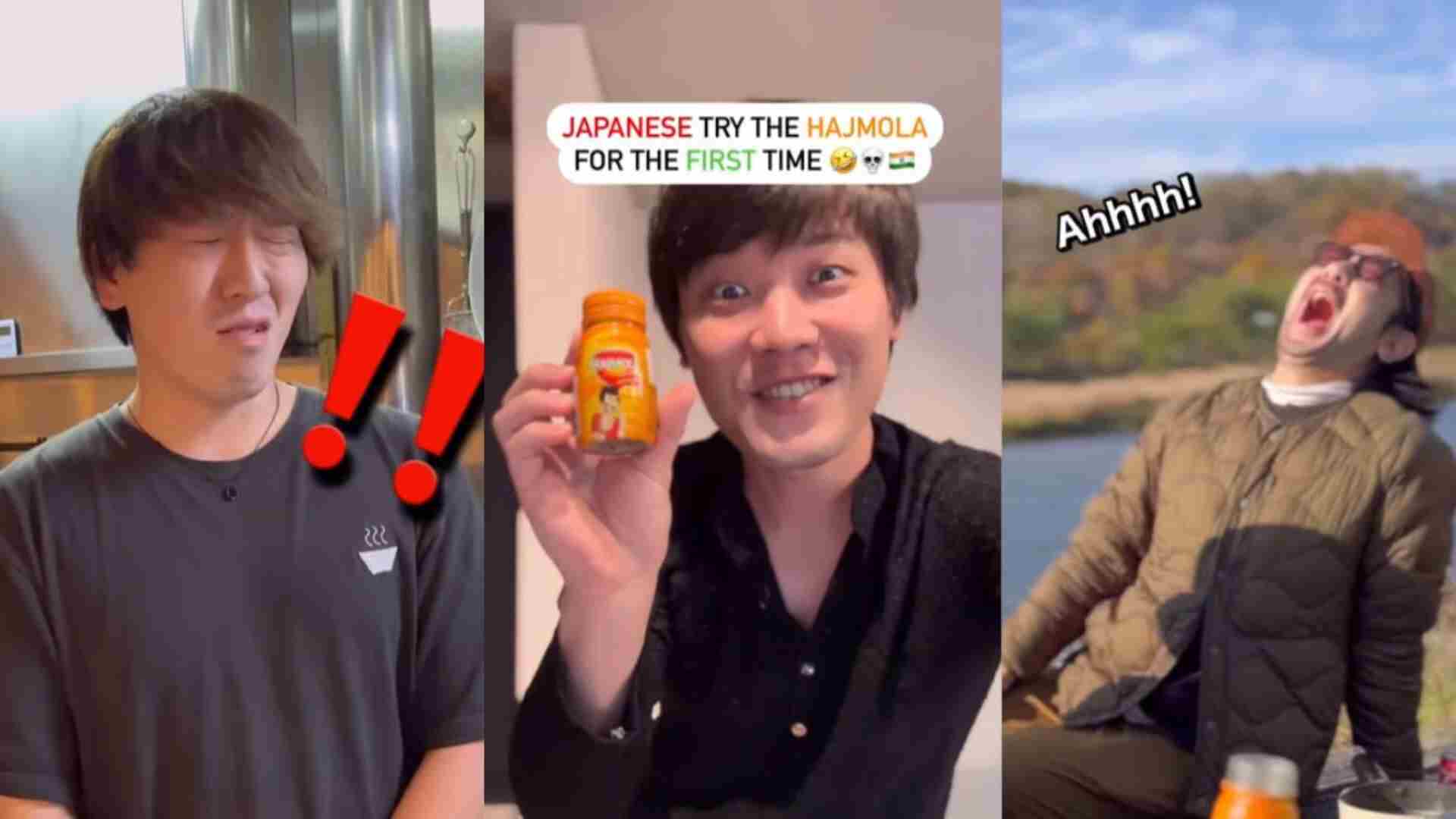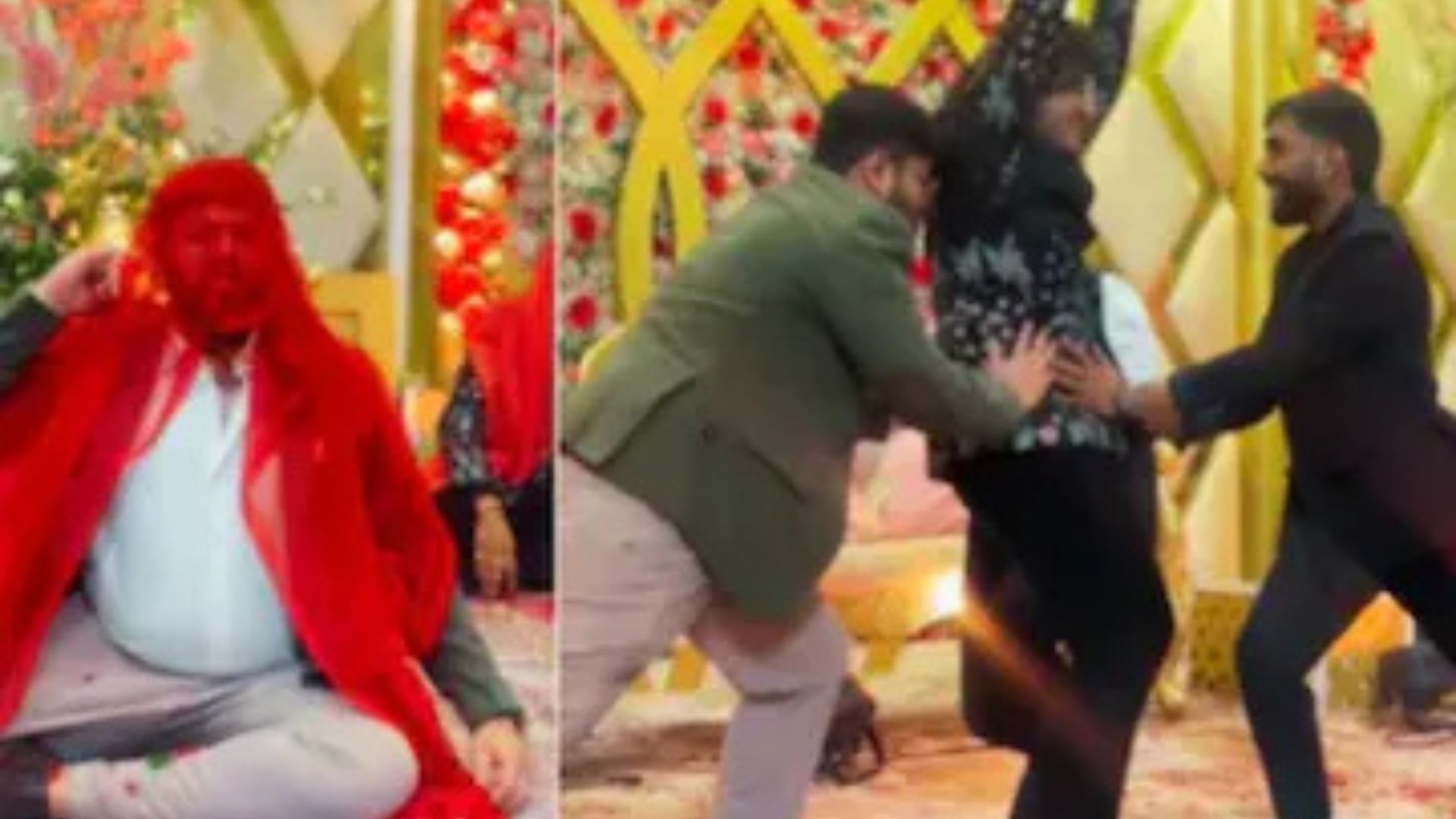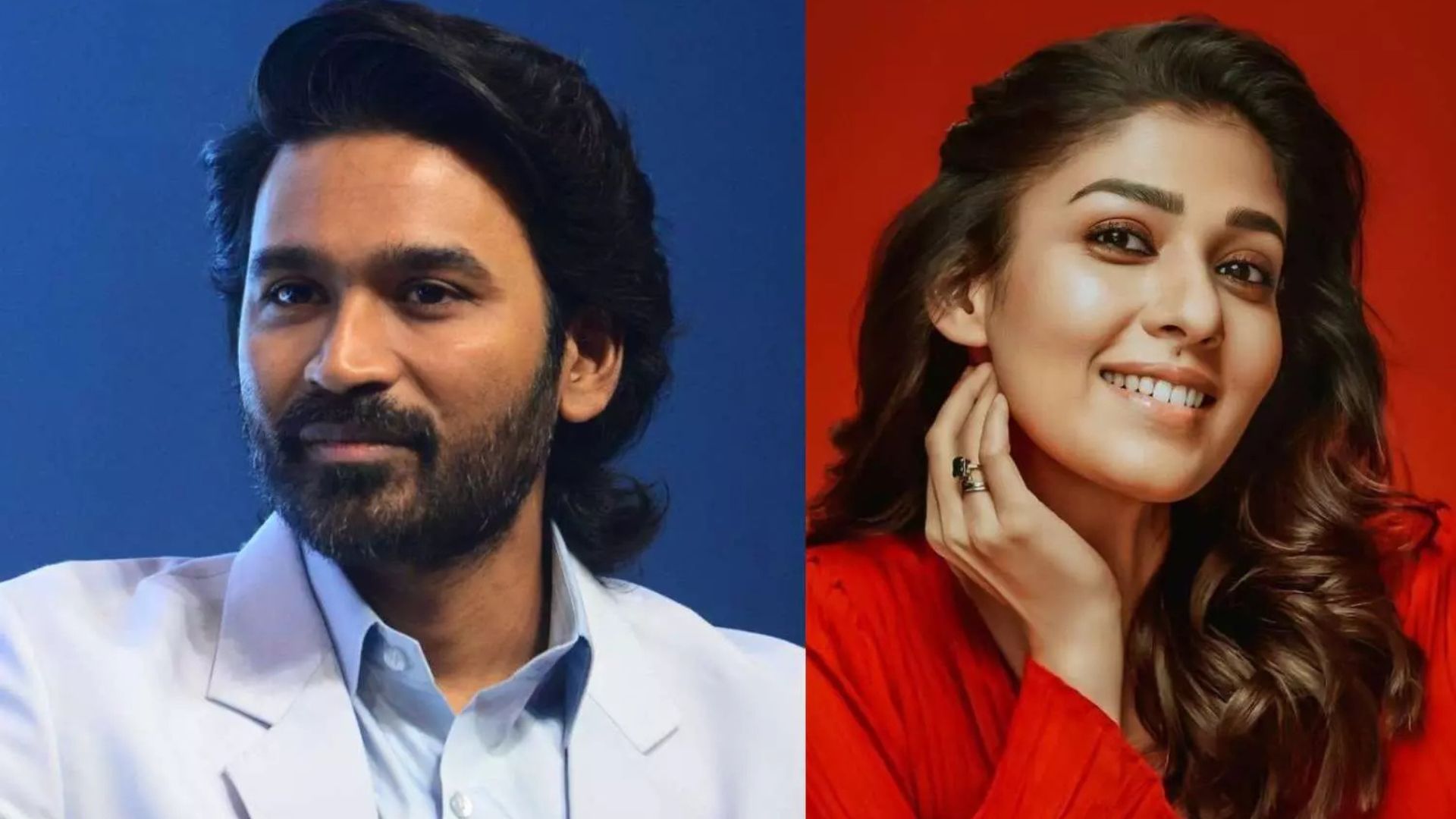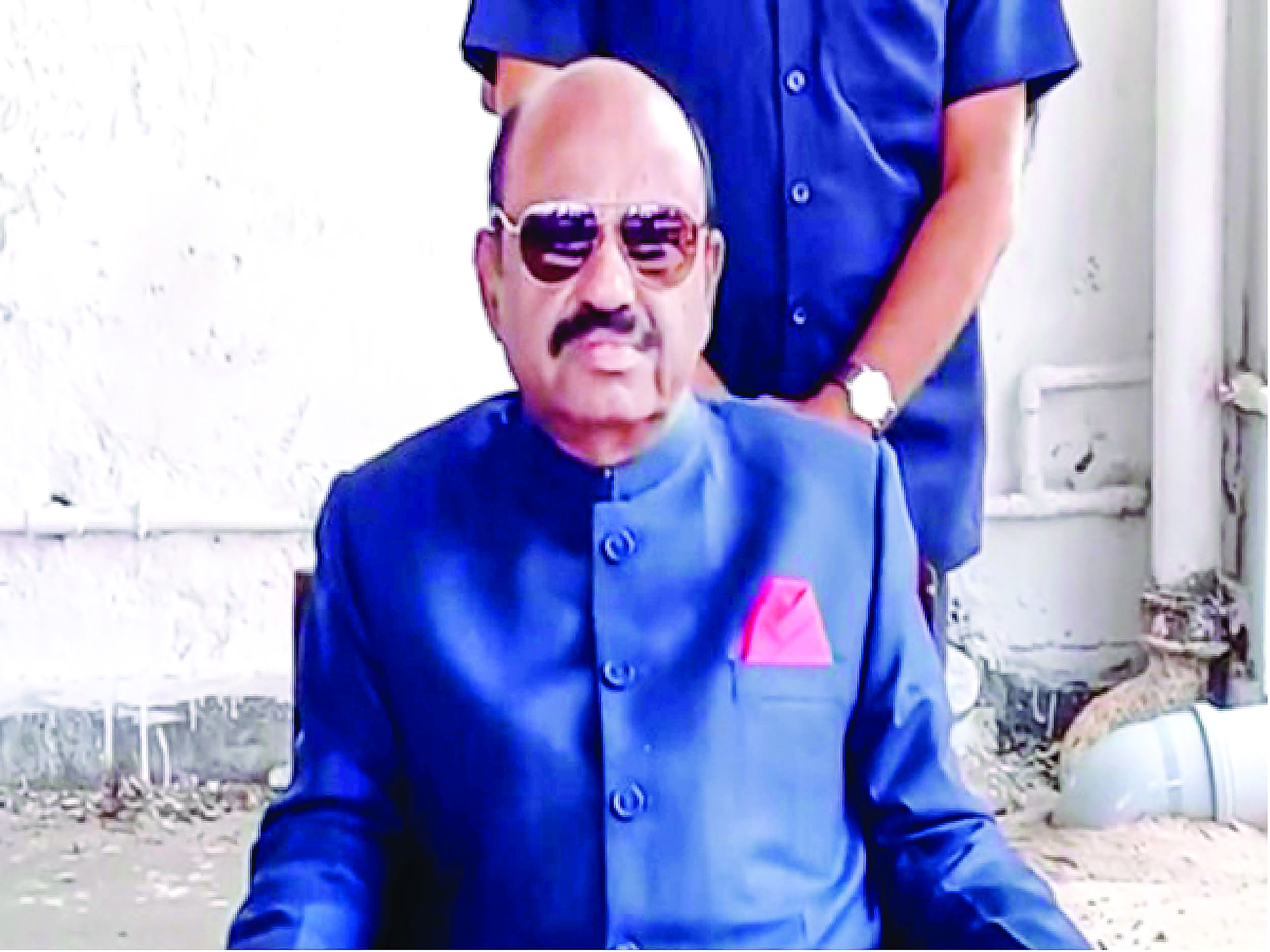
West Bengal Governor C.V. Ananda Bose on Friday slammed the Mamata Banerjee Government and the police for stopping post-poll violence victims from meeting him. The Bharatiya Janata Party has levelled allegations of post-poll violence against the Trinamool Congress, which the State’s ruling party has denied.
After going to Maheshwari Bhavan in central Kolkata to meet post-poll violence victims who have taken shelter there, Bose interacted with about 150 people staying there and took details of their complaints, Raj Bhavan officials said.
After meeting the people, a visibly disturbed Governor criticised the Mamata Banerjee Government for stopping the victims from meeting him yesterday.
Yesterday, the Kolkata Police had barricaded the roads leading to the gates of Raj Bhavan to prevent the BJP’s Leader of the Opposition from taking 200-odd victims of post-poll violence to meet the Governor who had given them permission to meet him. BJP leaders said that these are among the 10000-odd BJP supporters across Bengal who had been forced to flee their homes following the publication of the Lok Sabha elections on June 4.
“Unpardonable act that the Government prevented victims of violence from meeting the Governor,” Bose told mediapersons after meeting the victims at Maheshwari Bhavan. “The Bengal Chief Minister cannot deface the Constitution of India. It is a dance of death, a macabre of what is happening in West Bengal.”
He reminded Chief Minister Mamata Banerjee that “however high you may think you are, the law is above you.” he added.
He has also written a letter to Banerjee seeking clarification on the grounds upon which the police barred these individuals from meeting him. In his letter to the Chief Minister, Governor Bose underscored the importance of adhering to constitutional protocols, particularly in matters concerning governance and legislation. He called upon the State Government to provide explanations for its actions and urged against any attempts to undermine the authority of his office.
Bose, in his communication to Banerjee, also referred to constitutional norms that require Chief Ministers to intimate Governors about all decisions of the Council of Ministers relating to the administration of State affairs and proposals for legislation.
On Thursday, the Kolkata Police, citing Section 144 of the CrPC, which is in force outside the Governor House, deployed hundreds of policemen and put up barricades and prevented BJP member and Leader of the Opposition in the Assembly, Suvendu Adhikari, and the alleged victims of post-poll violence from entering the Raj Bhavan to meet Bose.
A senior aide to the Governor said: “The Governor had issued written permission to allow the delegation, including Suvendu Adhikari and the victims of the post-poll violence, to enter the Raj Bhavan and meet him. In spite of that, the police did not allow them to enter. The Governor today issued constitutional directives to the CM, wanting to know why they were stopped.”
Suvendu Adhikari and a woman victim of post-poll violence today also moved the Calcutta High Court on the issue. Hearing their petition, Justice Amrita Sinha wondered whether the West Bengal Governor was under “house arrest”, and said the Leader of Opposition Suvendu Adhikari can visit the Raj Bhavan along with alleged victims of post-poll violence to meet Ananda Bose if permission is granted by his office.
Adhikari and another person had moved the court, claiming that despite having written permission, police stopped them from entering the Raj Bhavan on Thursday. Their lawyer claimed that on the basis of the permission granted to them to meet the Governor, they assembled near the Raj Bhavan, but were allegedly prevented by the police from entering the premises.
In his rebuttal, the Attorney-General stated that the visitors were stopped from entering the Governor House since the number of people who were to meet Bose along with Adhikari was not disclosed to the police beforehand.
Justice Amrita Sinha directed that the LoP could visit the Governor House along with the people allegedly affected by violence in the State after the Lok Sabha polls on the basis of permission granted by the Raj Bhavan.
During the course of hearing, the judge asked the State’s Advocate General whether the Governor was under “house arrest”.
Justice Sinha said: “When that is not the case, why were these people not allowed to meet the Governor despite having permission from his office?”
AG Kishore Dutta told the court that the allegations made by the petitioners were not true, and claimed that Adhikari’s secretary did not communicate with the police at the site as was requested when they reached the spot outside the Raj Bhavan on Thursday afternoon.
Adhikari’s lawyer opposed the submission of the AG, claiming that Dutta had not been properly briefed by the police.
